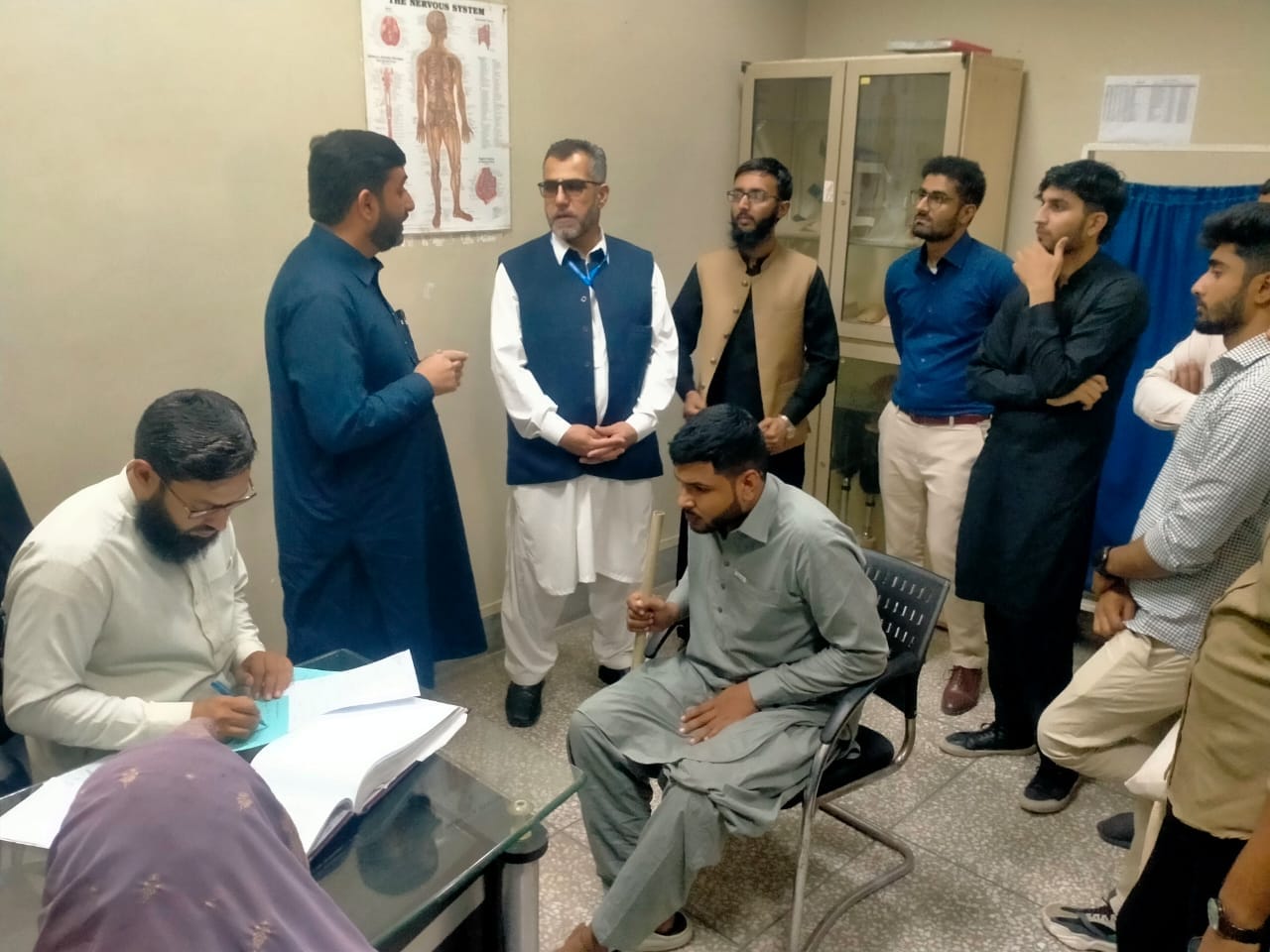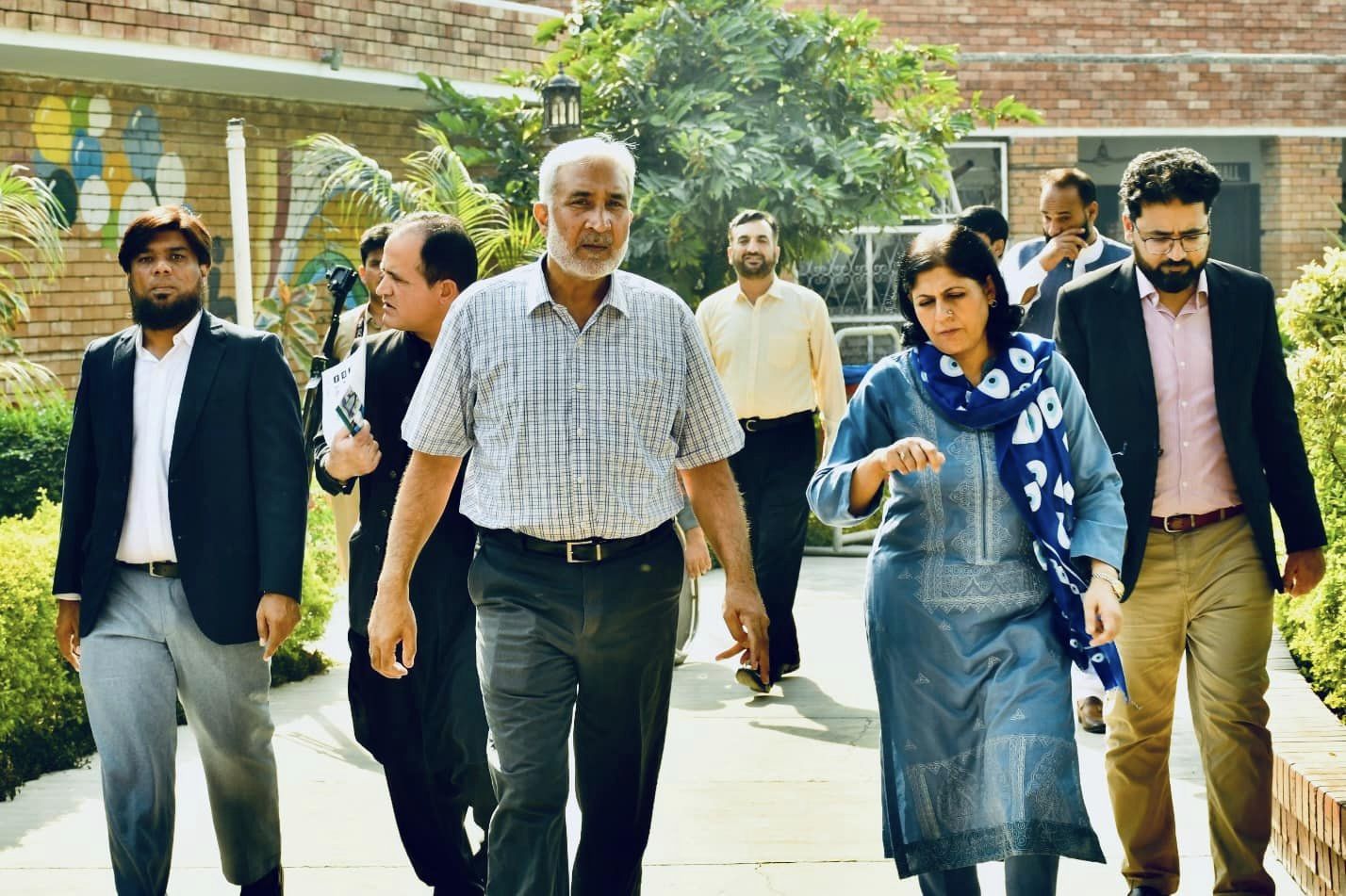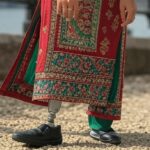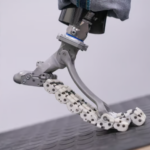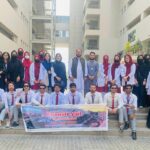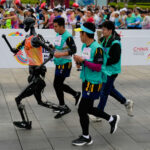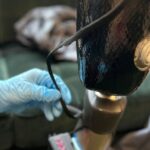Now Reading: High School Students Pave the Way for Innovative Prosthetic Design
-
01
High School Students Pave the Way for Innovative Prosthetic Design
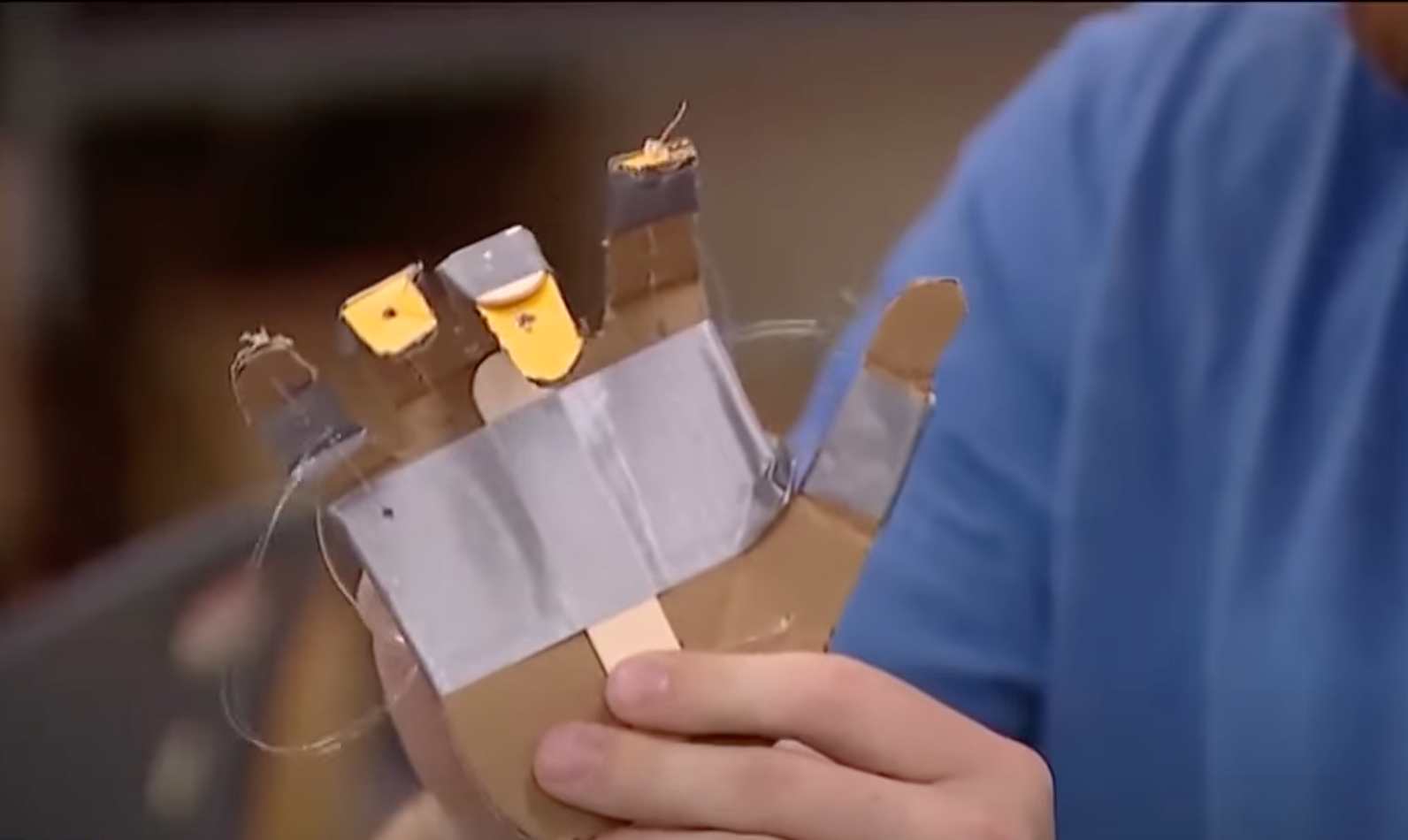
High School Students Pave the Way for Innovative Prosthetic Design
At Corona Del Sol High School, a remarkable project led by teacher Melissa Windell has students innovating with 3D-printed prosthetic hands. Funded by an SRP grant, this initiative enables these young engineers to explore real-world applications, creating devices delicate enough to handle everyday items like remote controls.
Working with cardboard prototypes before moving to 3D-printed models, students are learning to integrate robotics to simulate hand movements. They aim to develop a system where each finger can move individually with the press of a button, powered by intricate string mechanics that mimic the natural grasp of a human hand.
For students like Gary Hoffland, this experience goes beyond academic theory. Hoffland is enthusiastic about the project’s impact, highlighting its “real-life applications” and its potential to make a significant difference. Windell believes this practical exposure will instill empathy and user-centered thinking in her students. “I really hope they remember the human factor in engineering,” she explains, emphasizing the importance of designing with diverse user needs in mind.
The SRP grant, which supported the acquisition of 3D printers, is part of a broader program available to teachers across the valley, providing resources to make hands-on, transformative projects like this accessible to more students. This initiative not only enriches education but also holds promise for the prosthetics field, inspiring hope that today’s students will become tomorrow’s innovators, creating life-enhancing solutions for individuals with physical limitations.

